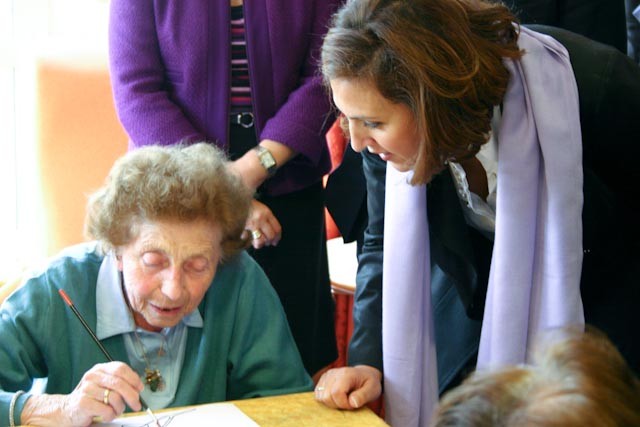We should have seen it coming sooner. My grandmother had been showing signs of depression and stress for a long while, but being a private person, she’d kept them to herself. As a family, we only unraveled the chain of events after she fell and broke her hip. Now we know that there is a direct correlation between depression and falls among elderly people. For her it was trying to keep her home going, to pay for what she needed, as her body failed her in her 80s.
How Many and Why Adults are Getting Stressed and Depressed
Depression and stress are not limited to seniors. In fact, the most likely age for financial stress is in the 40s and 50s when mortgage costs meet child costs. However, about 20% of those over the age of 65 are depressed and many others are suffering some kind of stress. It is estimated that up to 90% of doctor visits are due to the health effects of stress and depression in adults. Below we will look at these effects and some solutions, but first, what causes stress?
These can be social and personal, due to:
- Relationship problems
- Working conditions
- Ill health
- Legal issues
- Poor living environment
- Bullying
Or they can be financial:
- Divorce
- Taxes
- Mortgages
- Downsizing or unemployment
- Healthcare costs
- Bankruptcy
The Long-Term Health Effects
Stress and resulting depression can have long and short term effects on the body and on the mind. Short term health problems include:
- Headaches
- Chest pains and rapid heartbeats
- Low energy/Lethargy
- Digestive problems
- Loss of desire
- Increased risks of colds and other infections
- Weight loss or weight gain
These can lead to other health problems too. For example, stress and depression will exacerbate existing conditions like asthma or diabetes, but can also reduce the body’s ability to fight cancers. In addition to this, they can lead to increased risks of heart attacks and strokes. There are also mental health problems associated with it including:
- Depression
- Anxiety
- Confusion
- Hallucinations
- Delusions
- Social withdrawal
- Irritability
- Forgetfulness
A Few Simple Steps to Overcoming Stress
Stress and resulting depression do not have to be part of growing older. Even as we age and change, there are reasons to feel good and optimistic. It is wrong, therefore, to think that these things are naturally part of the aging process. However, if circumstances cause them to arise, we need to be equipped to deal with them and there are a few things we can do. Naturally, the best is to find the source of the problem, but there are some things people of all ages can do to reduce stress and alleviate depression. These include:
- Doing the things which make us happy including watching heartwarming or funny TV shows and movies or listening to music.
- Getting more exercise even if it is a walk around the neighborhood.
- Changing our diets to reduce junk food and increase the amount of vegetables and fruit we eat.
- Go to a therapist or counselor.
- Meditate or do Yoga or Qigong.
- Spend time with friends and family – they will help support you.
These are just some of the things you can do. Some deal with the problem while others prepare you better mentally and physically for the effects of stress and depression. Give them a whirl and see how much they help.
